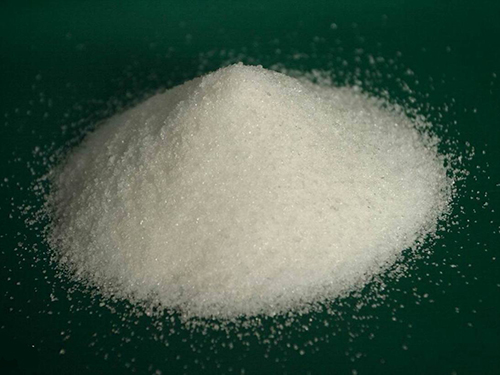Effective Solutions to Prevent Limescale Buildup and Maintain Appliance Efficiency and Longevity
Understanding Limescale Inhibitors A Comprehensive Guide
Limescale, a hard, chalky deposit primarily composed of calcium carbonate, is a common nuisance encountered in households and industrial settings. It forms when water containing dissolved minerals evaporates, leaving these minerals behind to accumulate on surfaces such as pipes, appliances, and fixtures. This buildup can lead to various issues, including reduced water flow, damaged equipment, and increased energy consumption. Fortunately, limescale inhibitors offer an effective solution to combat this problem.
What are Limescale Inhibitors?
Limescale inhibitors are chemicals or systems implemented to prevent the formation of limescale deposits. They work by altering the crystallization process of calcium carbonate, either preventing it from forming or modifying its structure so that it does not adhere to surfaces. There are several different types of limescale inhibitors, each with its mechanisms of action, including sequestering agents, anti-scalants, and magnetic or electrostatic devices.
Types of Limescale Inhibitors
1. Sequestering Agents These substances, such as phosphates and citrates, bind to calcium and magnesium ions in water, effectively keeping them in solution and preventing them from forming solid deposits. Sequestering agents are widely used in various industries, including manufacturing and food processing.
2. Anti-Scalants Anti-scalants are designed to interrupt the growth of scale crystals. They modify the properties of the crystals, ensuring they remain small and loose, which makes it easier for them to be washed away before they can adhere to surfaces.
3. Magnetic and Electrostatic Devices These devices claim to influence the properties of water through magnetic or electric fields, altering the behavior of mineral particles. While some users report a decrease in limescale buildup, the scientific consensus on their effectiveness remains mixed.
Benefits of Using Limescale Inhibitors
limescale inhibitor

The use of limescale inhibitors can provide numerous advantages for both households and industries
- Enhanced Efficiency Limescale can severely hinder the efficiency of water systems, leading to increased energy consumption. By preventing scale buildup, inhibitors help maintain optimal operation, reducing energy costs.
- Extended Equipment Lifespan By reducing the buildup of limescale, inhibitors can help prolong the life of appliances such as boilers, dishwashers, and water heaters. This leads to reduced maintenance costs and fewer premature replacements.
- Improved Water Quality Inhibitors not only prevent limescale but also can improve the overall quality of water by reducing the presence of dissolved minerals that lead to turbidity and taste issues.
- Environmental Benefits By minimizing the need for chemical descalers and other harsh cleaning agents, limescale inhibitors can contribute to a more sustainable approach toward water management.
Considerations When Choosing a Limescale Inhibitor
When selecting a limescale inhibitor, several factors should be considered, including the specific application, water chemistry, and the level of limescale formation. Conducting a water analysis can determine the mineral content of your water, which will guide you in choosing the most effective inhibitor. Additionally, it is essential to follow the manufacturer's instructions to ensure optimal performance and safety.
Conclusion
Limescale inhibitors are a critical solution to a widespread problem that can have significant implications for both residential and industrial water systems. By understanding the different types available and their benefits, users can make informed decisions that enhance equipment efficiency and water quality, ultimately leading to cost savings and prolonged equipment life. As limescale remains a persistent issue, the adoption of effective inhibitors will continue to play a vital role in modern water management strategies.
-
Water Treatment with Flocculant Water TreatmentNewsJun.12,2025
-
Polymaleic AnhydrideNewsJun.12,2025
-
Polyaspartic AcidNewsJun.12,2025
-
Enhance Industrial Processes with IsothiazolinonesNewsJun.12,2025
-
Enhance Industrial Processes with PBTCA SolutionsNewsJun.12,2025
-
Dodecyldimethylbenzylammonium Chloride SolutionsNewsJun.12,2025





